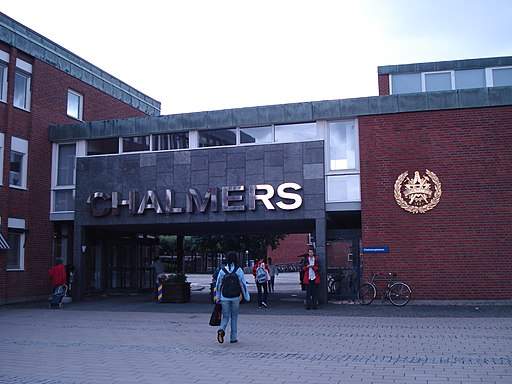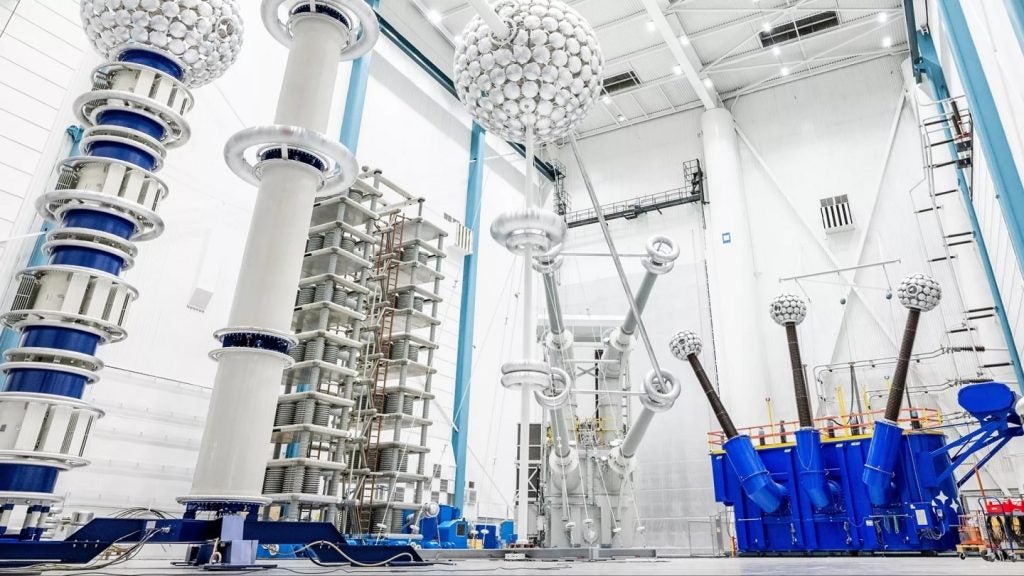
Researchers from Chalmers University of Technology, Sweden, have published a study identifying the two main challenges faced in cheap biofuel production, specifically looking at the process of microbial fermentation to create biomass.
According to the team, the primary challenges are lowering the cost of creating microbial cell factories and improving the efficacy of the hydrolysis process that converts biomass to sugars for fermentation.
The study attempted to offer solutions to the issues highlighted, discussing synthetic biology technologies to allow faster and cheaper methods of constructing microbial cell factories for the former challenge, and advances in biomass processing to address the latter issue.
Titled ‘Barriers and opportunities in bio-based production of hydrocarbons’, the study was published in the journal Nature Energy.
Study co-author Eduard Kerkoven said: “Our study is of particular interest for decision makers and research funders, as it highlights recent advances and the potential in the field of biofuels. It also identifies where more research is required. This can help to prioritise what research should be funded.”
Creating biofuels from renewable resources is already possible through the use of microbes such as yeast and bacteria, which act as cell factories. However, the process is not yet efficient enough to provide a viable alternative to more established carbon-heavy fuel sources, and attempts to increase efficacy often prove expensive and time-consuming.
How well do you really know your competitors?
Access the most comprehensive Company Profiles on the market, powered by GlobalData. Save hours of research. Gain competitive edge.

Thank you!
Your download email will arrive shortly
Not ready to buy yet? Download a free sample
We are confident about the unique quality of our Company Profiles. However, we want you to make the most beneficial decision for your business, so we offer a free sample that you can download by submitting the below form
By GlobalDataStudy co-author Jens Nielsen and his team specialise in yeast engineering and in the development and application of computer models of yeast metabolism. In particular, their work helps to inform the best ways in which yeast can be engineered to manufacture chemicals or biofuels.
Kerkhoven said: “We have calculated theoretical maximum production yields and compared this to what is currently achievable in the lab. There is still huge potential for improving the process.”
Tackling the other main barrier, that of the efficient conversion of biomass to sugars used in cell factories, would make possible the use of waste material from the forestry or agriculture industries, creating a fully-renewable biofuel.
Refining the efficacy and cost-effectiveness of the biofuel production industry is crucial considering the significant role it is expected to play in the fuel sector.
According to the International Energy Agency, by 2050 27% of global transport fuels will be biofuels, while Kerkhoven notes that oil firms such as Preem, Total and Shell have also predicted the importance of biofuels in future fuel mixes, with the latter firm saying biofuels will account for 10% of global energy-use by the end of the century.







